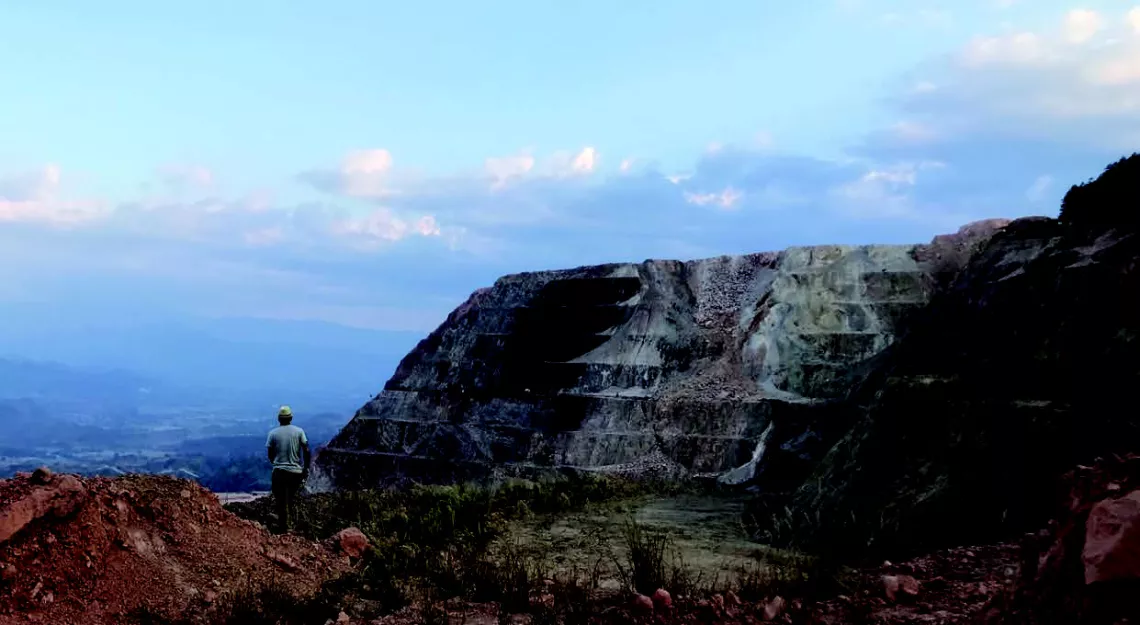
Marya Hart
As an American living under late-stage capitalism, the only curb on my desires for food, energy, and consumer goods is my ability to pay. But if it is true that the end of limitless resources is upon us – and all signs point that way – I won’t be able to do that anymore. I could take this as a loss. But perhaps it’s a wonderful opportunity.
What could a civilization that lived within its limits look like?
It could be more fair. We could share resources equitably between the global North and the global South and meet the UN’s sustainable development goals, our “shared blueprint for peace and prosperity for people and the planet.” No longer would 28 percent of the world’s women face food insecurity. Trade and labor practices could improve: no one in Congo or Indonesia would be immiserated by mining for cobalt, copper and nickel which are primarily used for electrification in places like Europe and the United States.
Our lives could be happier, more convenient, and cleaner. We wouldn’t have to watch for air quality alerts; we could catch the bus late at night after Beyonce’s concert; and the grocery, liquor and hardware stores could be within walking distance.
We wouldn’t be forced to buy plastic with every purchase, so we’d have less plastics in our water and bodies. Our friends and neighbors wouldn’t be hurt by pollution from garbage burners and landfills; we’d see less junk cluttering streets and open spaces.
Our food would be grown closer to us; we could visit the farm and know our farmers and their work.
We could work fewer hours, to greater purpose, both because we need less and because profits from our labor could be shared equitably.
Our clothing and appliances could be better made, and worth enough to mend. We could build more small cooperative industries that would be interested in serving communities rather than shareholders. Workers would get a better shake.
What will we lose?
Maybe we Minnesotans won’t eat strawberries in February. Maybe Colorado River water won’t irrigate alfalfa for Saudi Arabian cattle fodder. Maybe our diets will be less meat-based, as row crops will give way to food crops. Maybe we can’t drive 20 miles each way to a job. Maybe we won’t have whatever we want, whenever we want it.
But maybe that really didn’t make us happy. Maybe it’s time to find happiness elsewhere.
Marya Hart is the Communications Chair of the Sierra Club North Star Chapter. She regularly volunteers with the Sierra Club to advance just, sustainable systems change.